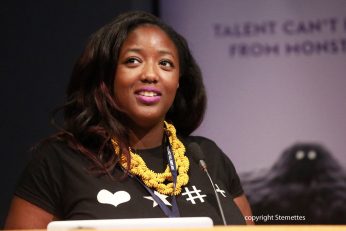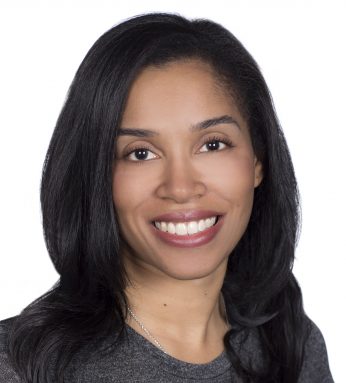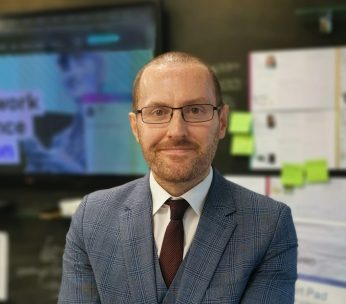Introduction
Historically, the IT sector was built by notable people from all backgrounds, classes and lifestyles yet at the moment, it struggles to attract a contemporary, representative workforce. Our aim is to encourage more people to choose IT and tech as a career, and one way is to tell the stories of people who have had great careers in the sector. Therefore diversity, inclusion and equity is a subject raised with all our interviewees whilst they are recording their oral history interview.
To explore this theme further, here we have selected a range of interviews with people who have experienced societal barriers in their lives and careers, whether that be due to disability, ethnicity, sex, sexual orientation or social class.
Women in the workplace
Perhaps the most well-known early pioneer of women’s employment in the sector is Dame Stephanie Shirley. As a young Jewish girl in 1939, she came to the UK as a refugee, escaping Nazi Germany. She began her IT career with a job in the Post Office aged 18, and after experiencing a succession of barriers to career progression, decided to set up her own company, Freelance Programmers. With £6 of capital, she created a business that she felt other women would enjoy working with and became very successful. Listen to her reasons for starting the company below:
Anne-Marie Imafidon founded Stemettes which encourages girls, young women and non-binary people to look at Science Technology Engineering and Maths, or STEM, as a career choice. In her interview she talks about how women are still under represented in the sector and her ideas for encouraging more girls, young women and non-binary people to enter the workforce – 17,000 of them and counting!

Ethnicity and career ambitions
More recently, Sarah Bond – now a leader in business development for Microsoft – was born in New Jersey in the 1970s to a family well aware of how race and gender can affect career prospects. She credits family stories of her grandmother standing up to the Ku Klux Klan, and her father’s teachings that gender and race should not affect her ambitions, to her success in her chosen field. Find out more in her interview here.

Born in Calcutta in 1938, Ashish Dasgupta MBE spent 32 years working for Philips on its European operations. He became known as a person who could turn around failing business departments, but he is not shy of explaining how hard he had to work to achieve what he modestly calls ‘a modicum of success’. In this clip from his interview, he talks about his experience of racism in his career.
Developing an inclusive place to work
Hayley Sudbury is founder and CEO of WERKIN, a company which helps to create, track and activate mentoring and career development programmes, supporting workplace inclusion like professional LGBT+ communities, and BAME talents. In her interview she talks about the scrutiny the workplace culture of tech is under at the moment and the importance of a welcoming work environment. She says:
‘It’s actually about building an optimum place for your people to come to work and deliver great results and feel really good. … It’s essentially people feeling comfortable in an environment as well, which takes a mix of individuals to get that right.’
Listen to Hayley talk about the value that LGBT+ people and other groups can bring to the workplace in this video clip
Disability and assistive technology
A visually impaired man, Robin Christopherson co-founded AbilityNet in 1996, specialising in adaptive and assistive technology, helping people gain qualifications and design software that is easy to use for all. Asked about the difference between the UK and other countries in terms of accessibility for disabled people, Robin says:
‘Europe is definitely a leader in this area. Before Brexit, there was legislation that made it into the UK law books which gave public sector bodies and those that provide services to public sector bodies a real boost to prioritise accessibility. For the first time, unlike the Disability Discrimination Act [in the US] and the Equality Act, there was going to be a named body in the Government monitoring and enforcing and fining organisations. Unfortunately, the second bit of the EU legislation that covered the other sectors (everything outside of the public sector such as private organisations, charities, etc) didn’t make it before Brexit came along. It’s in force in Europe and is doing amazing things. I just hope there’s an appetite for something similar here in the UK.’
Listen to Robin talking about assistive technology in the video below
Social class and background
David Barker came from a working-class family and started his career on a government apprenticeship scheme. He went on to become one of the UK’s first internet entrepreneurs. He has since left the corporate world and is concentrating on social enterprise, tackling social mobility in the UK. when asked about what can be done to improve things for people from less privileged backgrounds, he says
‘There’s no magic bullet, I think we need to be smarter with understanding everyone’s different reasons which could be individual, community, national or international, and then get to work at innovating to reverse those issues.’

Duane Jackson grew up in care and then, in his own words ‘went from leaving prison with no qualifications to selling my business for £20m in 4,000 days.’ Whilst he was serving his sentence, the Prince’s Trust came to speak at the prison about their Enterprise programme. This gave Duane the confidence to develop his own accounting software and set him on the path towards a varied and enjoyable career. He believes it’s important to enjoy what you do as that will see you through the tough times. In this clip below you can listen to Duane tell the story of how he got started in business